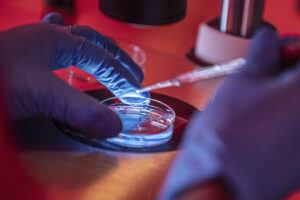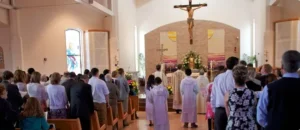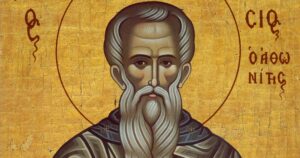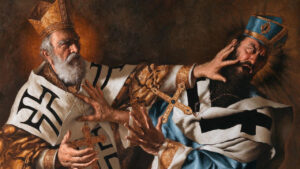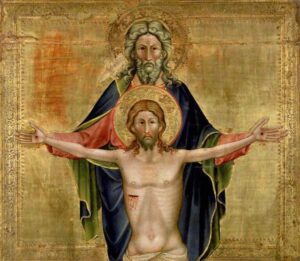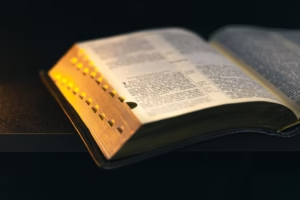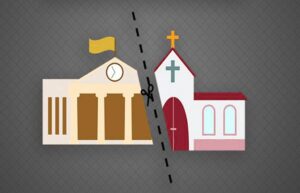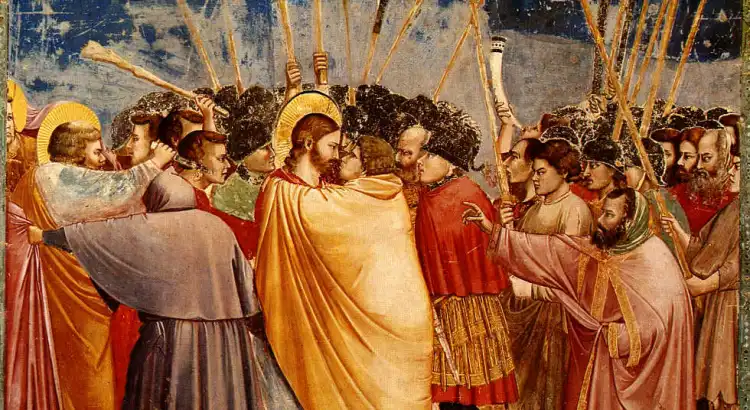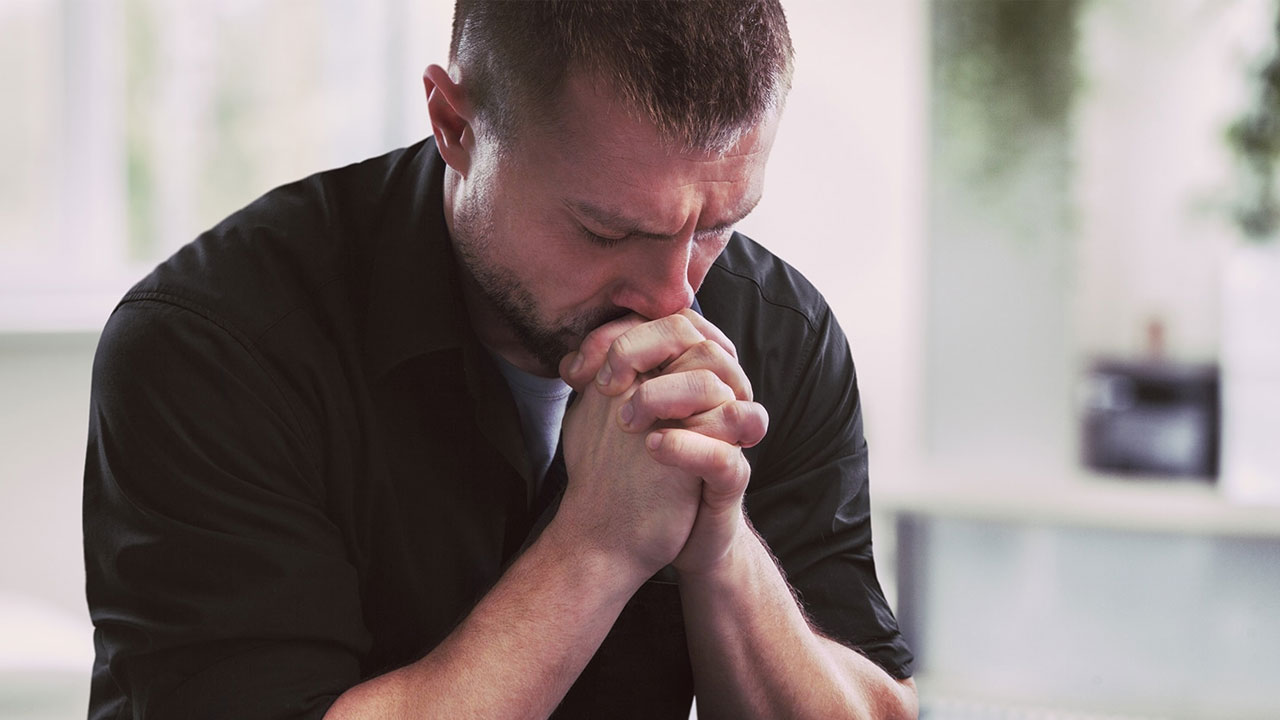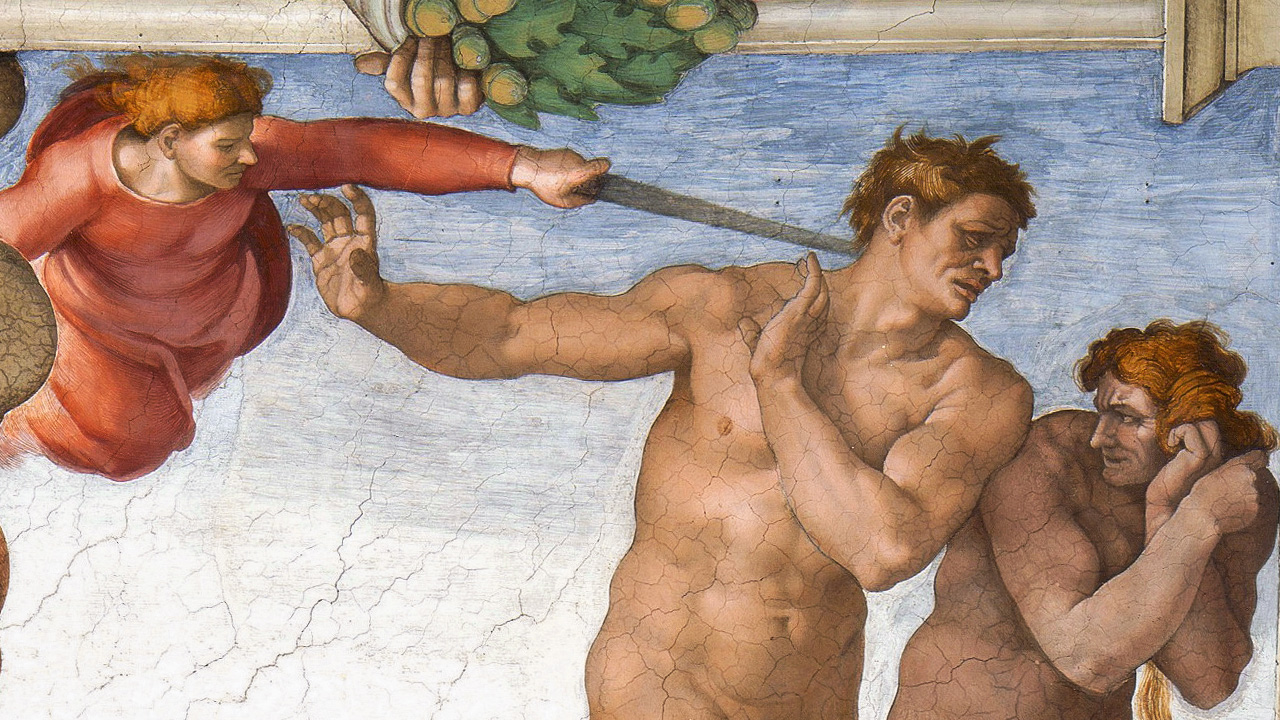Question:
Does generational sin exist? Is it a Catholic practice to pray for the healing of my family tree?
Answer:
In some Catholic circles – especially in charismatic groups – the practice of offering prayers, rosaries, and Masses for “the healing of the family tree” or for “intergenerational healing” has become very widespread. This has provoked great interest on the one hand, and harsh criticism on the other. Luis Santamaria, member of the Ibero-American Network for the Study of Cults (INSC), discusses this practice in the Aleteia portal.
The International Association of Exorcists studied the topic at a congress held in Rome in September 2018, and were led by Mexican priest Rogelio Alcantara, who was asked to carry out an exhaustive study on the subject. Alcantara holds a doctorate in theology and is the director of the Commission for the Doctrine of the Faith in the Archdiocese of Mexico. His assessment is summarized below.
Some supposedly inherited evils
Fr. Alcantara summarizes the core idea of intergenerational healing in this way: “the evils that people suffer today (mental, moral, social, spiritual, and bodily evils) have their source among one’s ancestors. The individual is like the last link in a chain through which the evils that affect him pass.” Where do these evils come from? They have a triple origin: the bad inclinations of the ancestors, their sins, and the curses that were cast on the descendants. This would lead the person to have “inclinations and tendencies to certain evils” or very strong “ancestral fetters.”
The solution proposed to believers by some priests and groups dedicated to the ministry of healing and liberation would be “to heal the family tree using specific religious practices and prayers that can put an end to the terrible ‘inheritance’ that has been received from one’s ancestors,” thus achieving liberation for oneself and forgiveness for the ancestors. To do this, rites are performed that involve acceptance of “new concepts such as: transference, influence, intergenerational curses, ancestral inheritance, contagiousness, healing of the family tree, etc.”
Where does this theory of generational sin come from?
After citing several significant authors who hold this idea, Fr. Alcantara affirms that we find no evidence of Catholic authors who taught the doctrine of “ancestral sin” before the second half of the 20th century. Thus “it is a ‘newfangled’ and invented doctrine, and a great danger for those who wish to accept divine revelation as it is presented to us by the Catholic Church.”
According to Fr. Alcantara, the theory “first appeared among Protestants by pagan inspiration. A Protestant missionary, Kenneth McAll, is the one who instigated the practice of ‘healing’ the family tree and went so far as to turn it into a movement.” Besides, these ideas have no philosophical or scientific foundation. In fact, Fr. Alcantara points out that “the supposed philosophical foundation of so-called ancestral wounds is very similar to what is popularly known as ‘karma’, an idea coming from the Hindu religion.”
Of course, the doctrine of ancestral sin has no theological foundation either, although its defenders “try to justify the application of ‘karma’ to Christian theology based on the psychological sciences, especially in reference to the teachings of Carl Jung.” Or they even go so far as to cite, without basis, the Catholic doctrine of original sin.
But… doesn’t it come up in the Bible?
The idea of ancestors’ sins influencing people’s lives appears in several passages of the Old Testament. Fr. Alcantara inspects and analyzes these passages in order to demonstrate that their correct interpretation implies reading them in context and understanding them “according to the pedagogical unfolding of revelation, which reaches its fullness in Christ (who teaches us, for example, the authentic concept of divine mercy and punishment).”
God’s mercy is precisely the theme that is underlined in biblical texts; it is the divine response to human sin. On the other hand, there are texts in the Old Testament in which it is clear that “each will bear his own guilt and the consequences of his sin.” In other words, “the personal dimension of sin is emphasized.”
So, in the Old Testament “there is already a clear enunciation of the relationship between the consequences of sin and personal guilt.” This is confirmed by the words of Jesus in the Gospel, as in His answer to those who asked Him if the blind man was blind because of his own sins or because of the sins of his parents. Accordingly, Fr. Alcantara affirms that “from analysis of Sacred Scripture we can conclude that the ‘doctrine’ of so-called ‘ancestral sin’ and so-called ‘prayer of healing of the family tree’ has no foundation in supernatural Revelation.”
The difference between influences, sins, and curses
The next step in the reflection is to clarify the terms being used and to distinguish them. First, he defines intergenerational influence as “all the elements that alter or determine a future generation’s way of thinking or acting.” Influence from one generation to another does exist, and it is something natural. It comes about through one’s environment and community life (such as human and religious education, good or bad examples, etc.).
He then clearly explains, founding himself on revelation, that so-called intergenerational or ancestral sins (understood as sins that are transmitted from one generation to another) do not exist, because sin is a free act. The consequences of sin (guilt and punishment), for transgressing divine law, are personal and therefore non-transferable. Fr. Alcantara repeats, “If by ancestral sins we understand ancestors’ sins as transferred to the present generation, these do not exist, since the only sin that can be transmitted by way of generation is original sin.”
He adds, “If by ancestral sins we simply understand sins that were committed by our ancestors but are not transmitted to the present generations, the expression could be accepted. However, it is better to avoid the term because it can lead to confusion and it risks being interpreted in the first sense.” The sins of an ancestor cannot predispose the descendant to sin, they could only “naturally (environmentally) influence through the example given by people who are close to the sinner, but they cannot predispose anyone to sin.” Sins recur in families above all due to bad example.
Do curses have real effects?
On this point, the theologian turns to the question of “curses that are made as a petition to the devil” so that a person may be deprived of some good. After analyzing the various types of curses, he considers their effectiveness: “The person who curses may simply desire evil for another, but mere human desire has no power to cause any harm. The curse could have real effect if the one who carries it out actually asks for evil for another” – whether he asks it of God or of the devil.
Given that God does not grant requests that seek to bring evil upon another person, only demons could agree to fulfill curses. How is this possible? Fr. Alcantara answers that “by way of a mystery – which is often incomprehensible to us – God allows the Enemy to act in a way that causes physical, psychological, or spiritual harm to human creatures, but only for their conversion and salvation.” Moving on… what is the extent of a curse or witchcraft over time? According to the author, a man can curse his descendants, but he can only curse those who are living, since he does not have under his power those who have not yet been conceived.
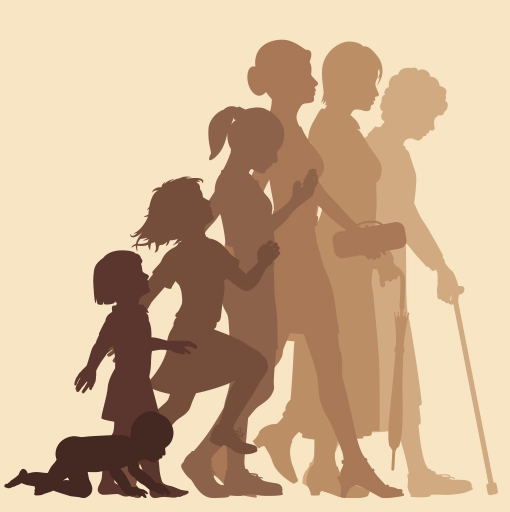
What are the dangers?
Fr. Alcantara concludes by saying that “the so-called Masses (or prayers) to heal the family tree are not part of Catholic doctrine and liturgy… Neither in Revelation, nor in the Fathers of the Church, nor in the history of Catholic theology, is there a single example that this is or has ever been Catholic teaching.”
Based on a document by French bishops, he explains that “the so-called prayer of healing of the family tree leads the person to seek the reasons for his suffering outside of himself. This in turn prevents a true process of psychological help that could heal the individual. Therefore, the ‘Masses’ that are celebrated with this intention represent more of a psychological danger than a help to the faithful.”
Finally, he stresses that “these masses detract from the charity that we should have towards our deceased loved ones. In fact, instead of offering Masses for them, we request Masses for ourselves because we want the sins of our loved ones to stop affecting us in this life.”
Fr. Miguel A. Fuentes, IVE
Original Post: Here
Other Post: What is sinful in cohabitation: living together or having sexual relations?


